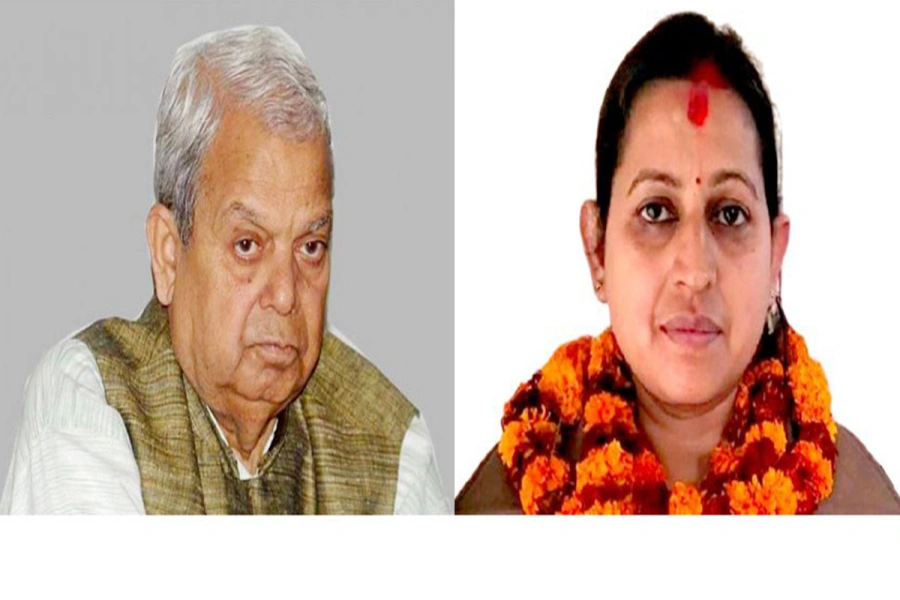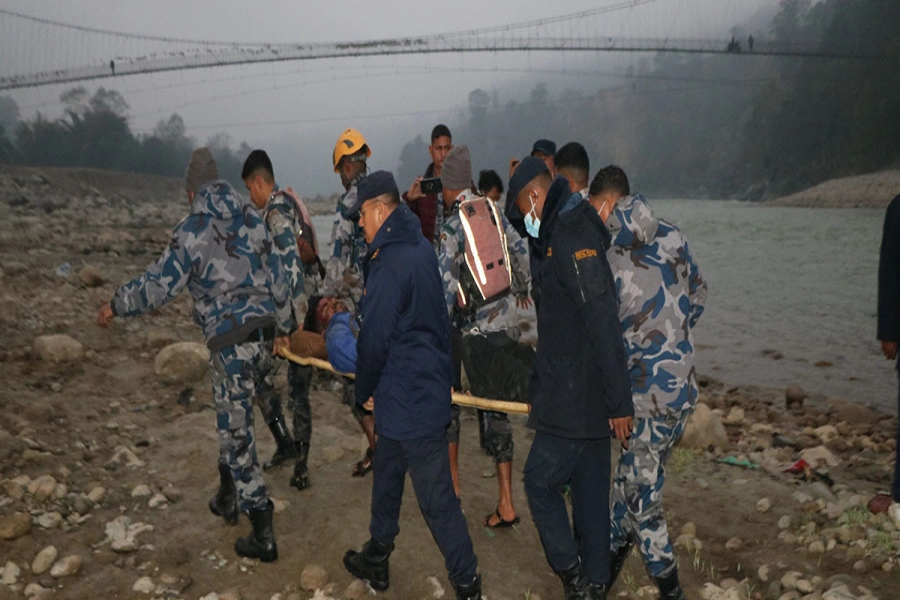Many friends and strangers would often ask me, “How do you like our country, Nepal?”—“I love it,” I’d reply. Immediately, their faces would go stern and solemn, and they would shake their head; “no, no,” they would say, “Nepal is not a good country.” “The situation is bad.” “There is no opportunity here.”—the list went on and on.
Where does this self-deprecating disposition come from, and why does it prevail in so many Nepalis—from shopkeepers to businessmen, youth to parents? Though I could see the deep frustrations rooted in the unstable political system, I also saw an immense amount of incredible work being done by Nepali people at the grassroots level, and more opportunities to do similar work in new ways.
The seeds of this tension remained with me when I returned a second time to Nepal, this time to do an internship with a grassroots NGO. Again, I was nervous and excited to learn from the experience, alongside the dedicated and experienced activists who worked there. However, I often came up against a strange phenomenon that again left me feeling unsettled. Because I am American, my co-workers often turned to me with questions about how best to do something which I, in fact, felt I was there to learn from them.
“But you’re American,” they often said, “of course you know better than us.” “But don’t you know how much I am learning from you?” I would say, “Don’t you see how valuable your knowledge and experience is, how much we both, perhaps, have to offer each other?” I thought. But they persisted.
These two experiences seemed to linger in the undertones of many of my interactions in Nepal. When I returned to the US to complete my studies, I continued to be haunted by these occurrences.
Meanwhile, for the past three years, I had been involved in a program at my college called the Teaching and Learning Initiative (TLI). The program is a radical, non-formal education program that seeks to embody the philosophy that all knowledge is valuable and that all people, from diverse walks of life, have knowledge to share. Its structure and framework break out of traditional concepts of knowledge value, hierarchy, and exclusionary practices in both educational and social spheres.
It does this by pairing youth and adults in reciprocal partnerships where the youth teach the adults and the adults, in turn, teach the youth. Thus, the TLI intentionally recognizes the value that all people have to offer no matter their social standing, educational background, or other socially/ economically distinguishing life circumstances. It also seeks to bring awareness to social inequalities in our everyday lives as well as our broader contexts by building relationships between people of diverse backgrounds.
My involvement in this program had a profound impact on me. It was empowering and eye opening, and allowed me to see not only my own value but also the ways, large or small, in which I had unknowingly contributed to the devaluing of others. It gave me a great respect for the individual realities of people from different backgrounds in my community, and allowed me to be invested in that community in a way that was sensitive to these realities. I was also able to recognize the empowering quality these non-formal teaching exchanges had over all those involved, and saw a potential for such a program to present positive impacts outside the college context. I began to connect the dots.
Thus during my second visit, I did research with the community to see if they felt such a program would be beneficial or relevant in the Nepali context, and if so, how we could develop a program appropriate for Nepal. Thus, in collaboration with my partners at SEWA Nepal, we began to develop objectives that fit the Nepali context.
The TLI Nepal Program has just finished its first round of programing. The final results from both youth and adults showed many positive impacts. For one, the value of literacy education for the adult partners had the capacity to drastically alter their lives. Many celebrated their new-found confidence gained through the TLI, seeing it as an opportunity that they thought had been lost to them years ago, and feeling that they had only just realized that it was never too late to learn.
As most of our participants were women, they also said their experience in the TLI had inspired them to be more vigilant about instilling the value of education in their children. In a conference held to celebrate the completion of the program, many tearfully thanked their partners and our coordinators at SEWA for the opportunity, and insisted that we find ways to extend and expand this program in Nepal.
The experience had a similar effect on the youth. Many expressed a sense of awe at the resilience of their partners and felt that their experiences in partnerships as well as in reflection meetings had given them a deeper understanding of the many dimensions of diverse life situations. Both youth and adults expressed a sense of kinship with their partners in a way that transcended caste, class, or other social divisions. Many of the youth felt so strongly about their work with their adult partners, that they agreed to try to continue the partnership even though the official program period has come to an end.
As for the TLI’s future, I hope to someday extend the philosophy of valuing all knowledge and experiences equally across borders, creating and international network of reciprocal knowledge exchange based on this kind of appreciation for diversity around the world. In this way, I hope to also address the uneven valuing of knowledge that happens at an international level as well (as in my earlier example of being and American in a Nepali organization, and the disproportionate credit they gave me about who was learning from who).
Seeing the enthusiasm of our partnerships here in Nepal and the impact that the TLI has had on the lives of each partner in this pilot program, has left me more even inspired to pursue this dream and open more opportunities for new partnerships to be built around the world. The TLI Nepal program is the first small step to making that dream a reality.
The writer is recipient of Davis Projects for Peace Grant given to US college students who design projects to promote peace
Interaction must for enhancing distance and classroom learning







































